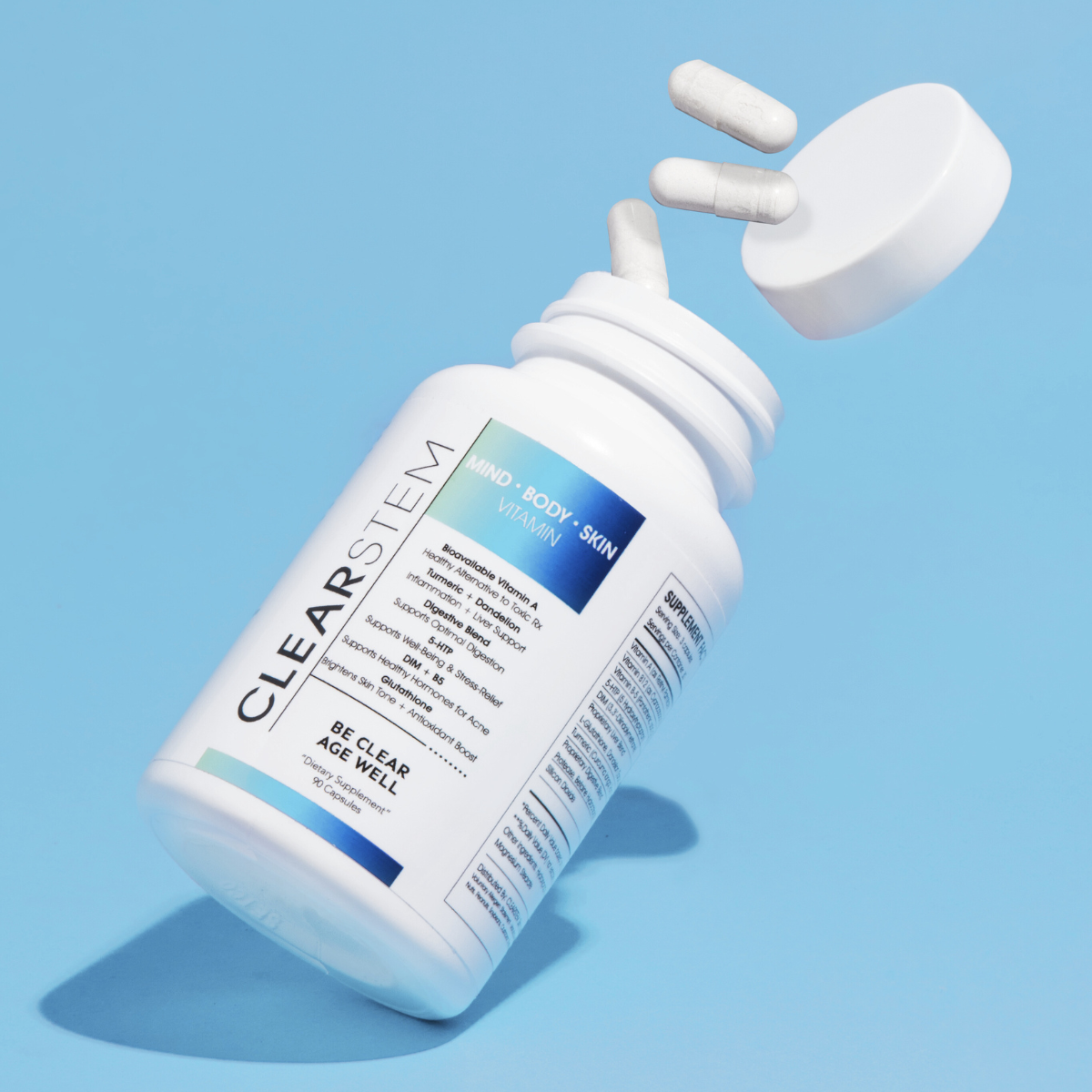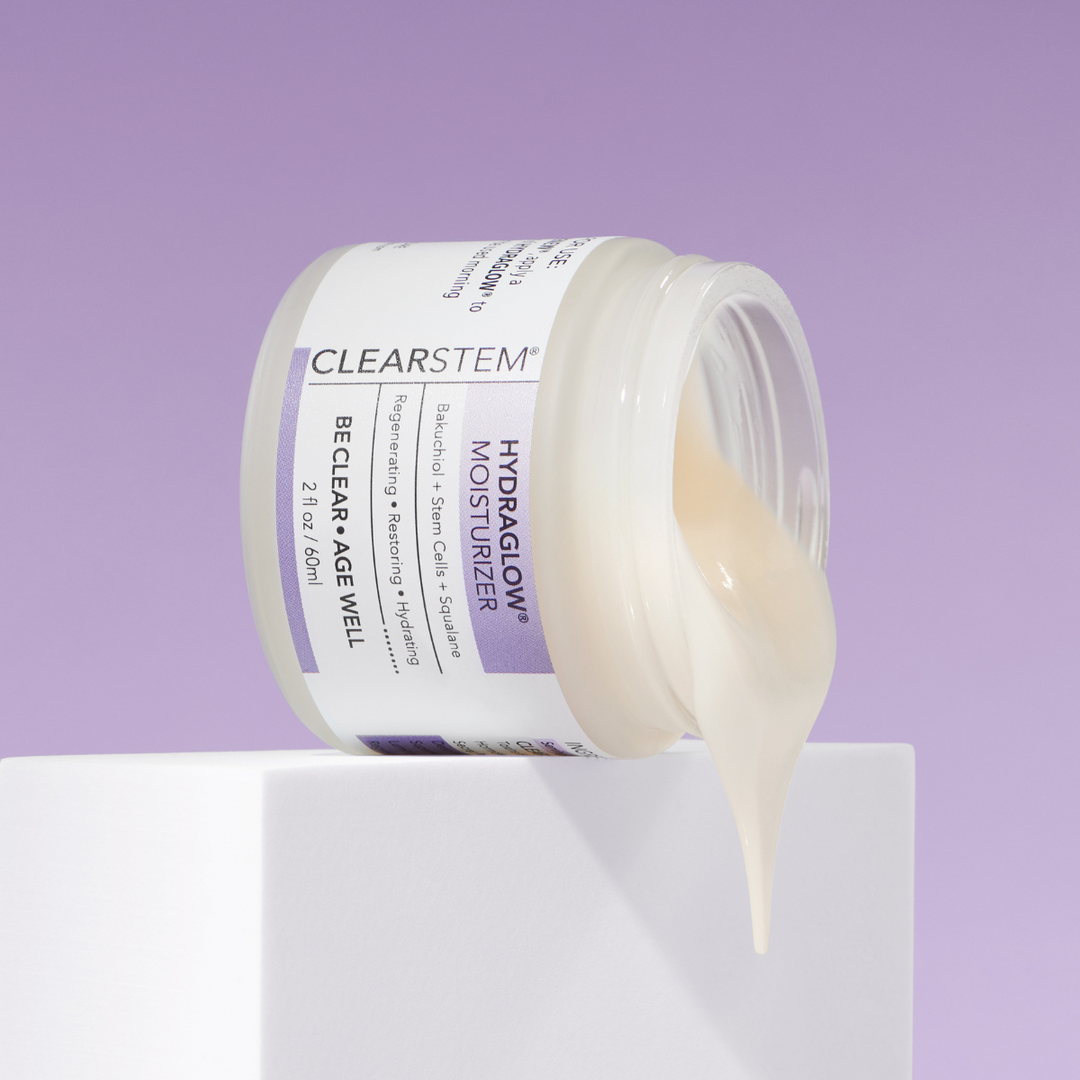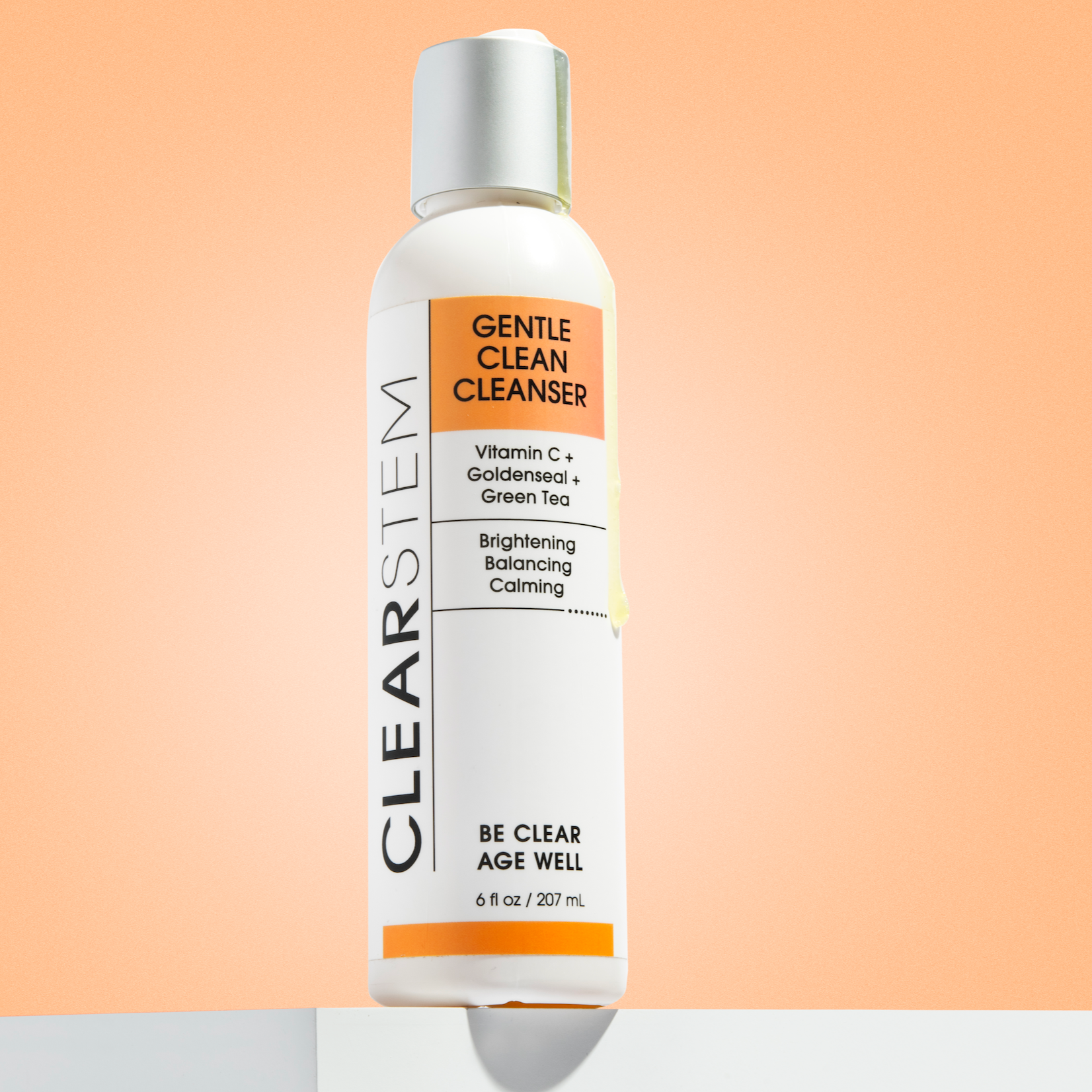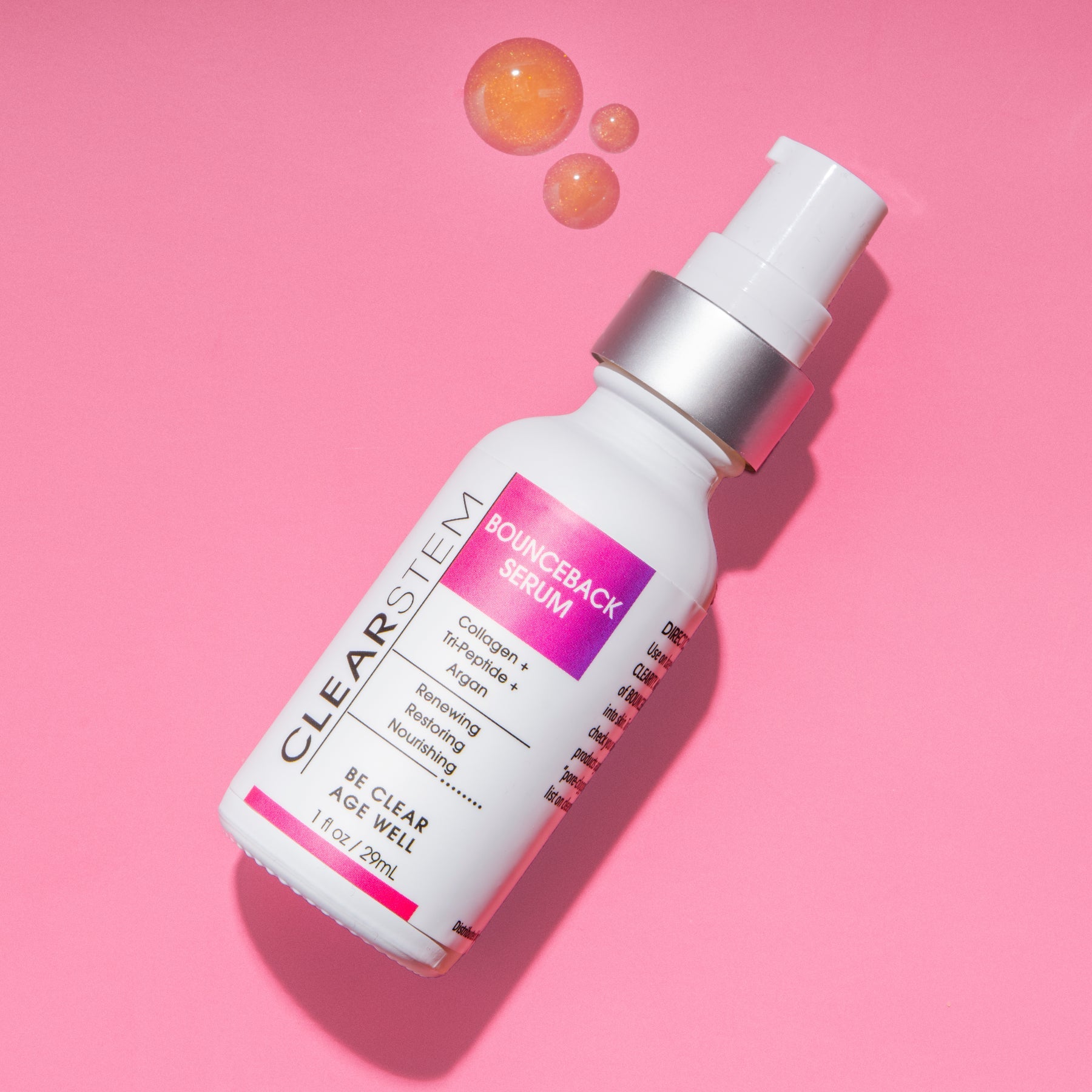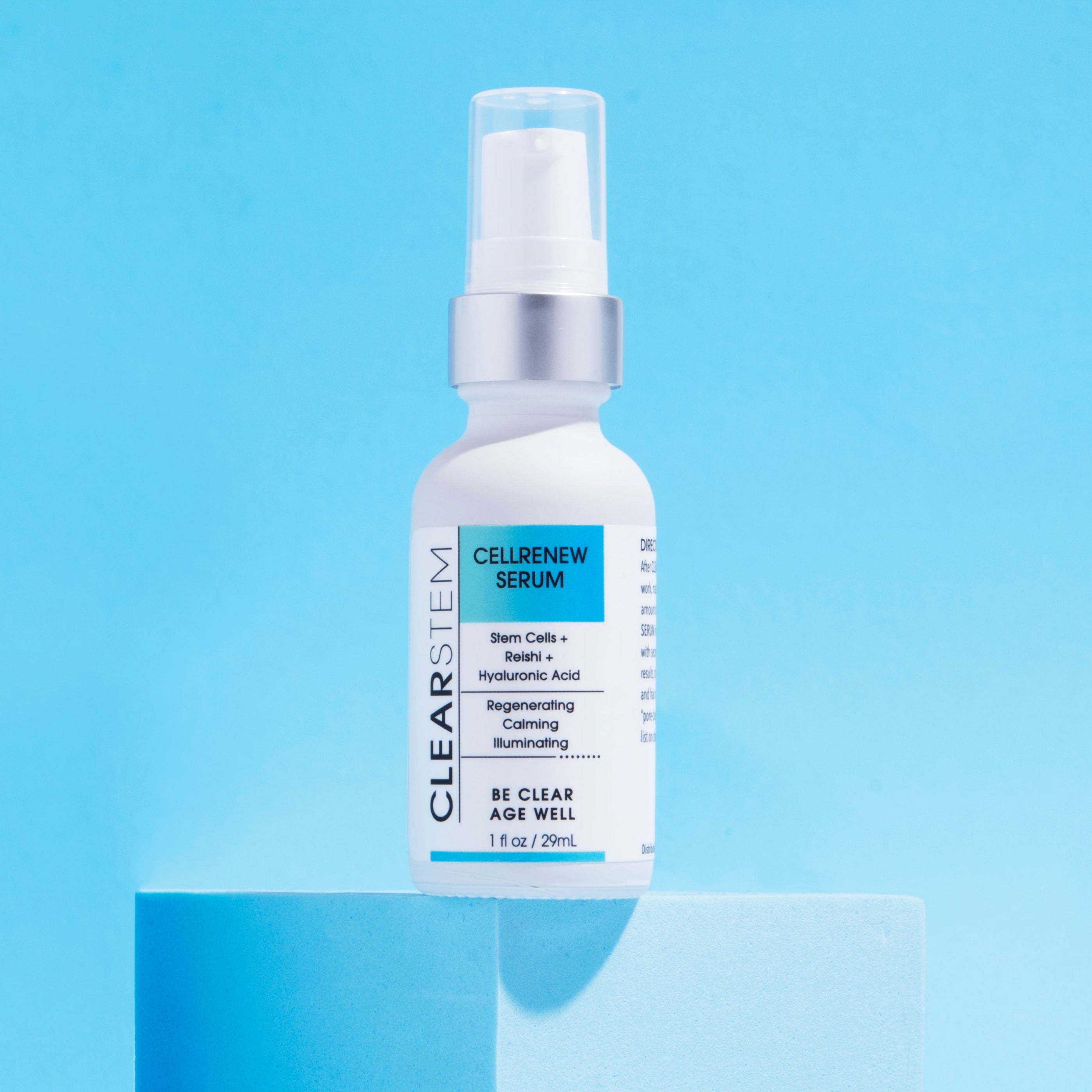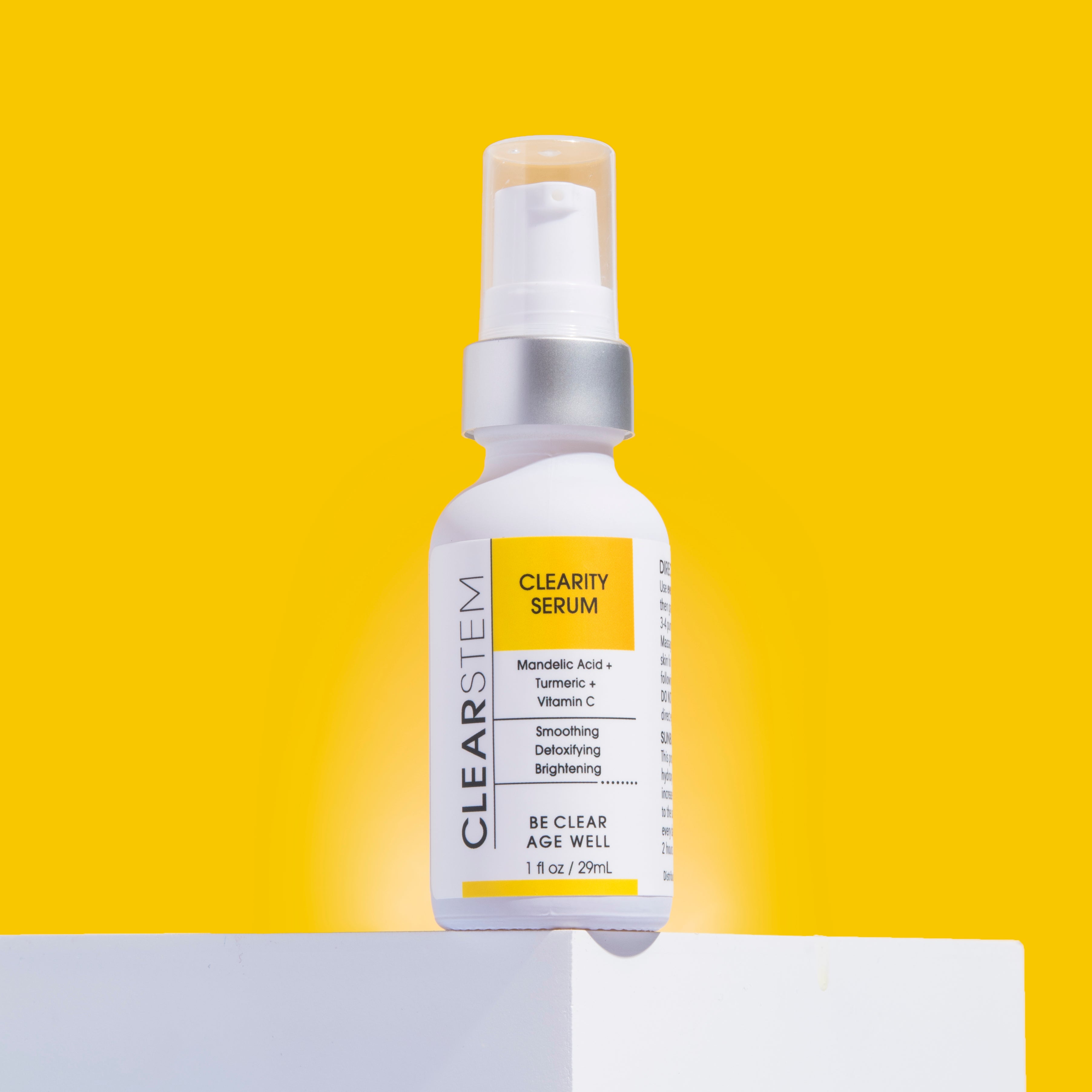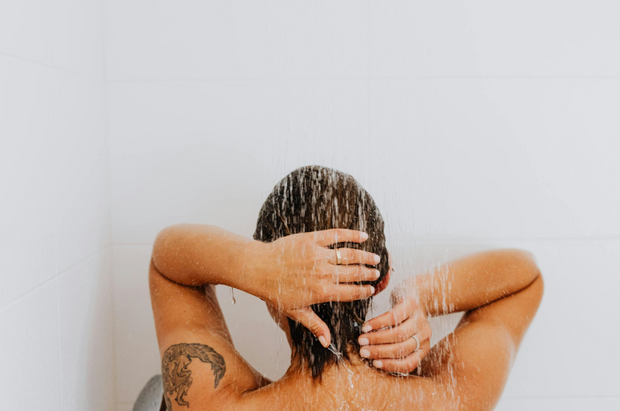If you’ve tried everything under the sun to clear up your acne but you can’t identify what’s causing it, the culprit might be right under your nose—or on top of your head.
We often think of hair products as those that only touch our scalps and hair strands, but the truth is, they often get all over our skin. Just think: your shampoo and conditioner run down your face and body as you rinse in the shower. You also may touch your face after applying a nourishing hair oil.
Hair products, especially those that contain irritating ingredients, can easily upset the skin and cause an acne flare-up. If you think your hair products might be playing a role in your breakouts, read on to learn more about choosing and using acne-safe hair care.
Understanding the Connection Between Hair Products and Acne
It’s kind of ironic: most people put a lot of effort into making sure that they don’t irritate their delicate skin with harmful, pore-clogging skincare ingredients when it comes to cosmetics and skin products. But many often neglect to scrutinize the labels on our hair care products with the same suspicion.
Yet, hair care products can leave deposits and residues on the skin that stick around for hours. As a result, they can easily spur the onset of breakouts and pimple problems.
One dermatologist-graded study asked a group of patients with mild to moderate acne to only use non-medicated, non-comedogenic, non-irritating hair care products for 8 weeks. The researchers observed an improvement in body acne for 70% of those participants, along with an improvement in face acne for 52% of the subjects.
The numbers don’t lie: making the switch to hair products that play nice with the skin is a smart choice for people battling acne.
3 Common Ingredients Triggering Acne
But what is it about some hair products that make them so unfriendly to the skin?
When many hair care brands formulate their products, they choose ingredients solely based on how to achieve a healthy scalp and hair, without much consideration for other parts of the body.
As a result, the following harmful hair care ingredients are commonly used despite their potential to instigate acne:
- Sulfates – Commonly used to create lather, sulfates are often found in shampoos. Unfortunately, they are known to cause irritation to the eyes, skin, mouth, and lungs, and they can even trigger clogged pores and spur on subsequent body, hairline, and forehead acne in people with sensitive skin.
- Allergens and irritants – Contact dermatitis, an inflammatory skin disease, can be triggered by hair care ingredients. The incidence of contact dermatitis arising from the use of personal care products more than doubled from 1996 to 2016, and although these cases usually don’t affect the thicker skin of the scalp, they impact other areas that come into contact with the products, such as the face, neck, and ears.
- Oils – Our skin naturally produces a lubricating oil called sebum, but if this oil is produced in excess, then our pores can become clogged, leading to the development of acne. When you use greasy hair products, such as oil treatments or pomade, you may be subjecting your skin to unnecessary oil exposure, which can easily trigger breakouts.
Choosing Non-Comedogenic Hair Products
Most people know that it’s important to use non-comedogenic products or products that do not clog the pores on our skin.
However, it’s easy to forget this golden rule when seeking hair products. After all, non-comedogenic shampoos and conditioners are not nearly as common as they should be.
Here at CLEARSTEM, we saw a need for high-quality, non-comedogenic hair products and used our dermatological expertise to answer the call.
Complete the perfect anti-acne hair care routine with our:
- Restorative Shampoo – Gently rinse away dirt and grease from your scalp with this powerful plant-based cleanser. With essential oils and botanical extracts, this shampoo soothes the scalp and helps the hair achieve a healthy, lightweight shine. Its sulfate-free formula is dermatologist-tested and safe for sensitive and acne-prone skin. Best of all, our formula is made without any harmful chemicals found in shampoo products.
- Repair Conditioner – This non-comedogenic conditioner is also rigorously tested by dermatologists to be safe for use on sensitive skin. It harnesses the power of natural ingredients like hydrolyzed sweet almond seed cake and kokum seed butter to strengthen hair strands, repair the cuticle, and minimize both frizz and breakage.
With our advanced, dermatology-based hair care solutions, you can finally achieve smooth, silky locks you’ll love without having to sacrifice your skin in the process.
How to Create a Haircare Routine That Minimizes Acne Risks
It’s more than possible to achieve beautiful locks and clear skin at the same time. You just have to be intentional about the hair products you invest in.
Use the following advice to learn how to prevent hair products from causing acne so you can perfectly balance your hair care needs with your skincare goals.
Tips for Avoiding Skin Reactions to Hair Care Products
Besides investing in the right ingredients, the best strategy you can use to prevent unwanted reactions is to keep hair products off your skin to avoid a preventable acne breakout.
To keep your skin happy, healthy, and free from hair product residue, be sure to:
- Wash residue off your skin – In the shower, rinse off your face and body after you’ve allowed your shampoo and conditioner to trickle down your skin. On the same token, if you ever decide to use hair dye, scrub your scalp thoroughly with shampoo to ensure that the product doesn’t leave behind any deposits on your bare skin.
- Wash your sheets and pillowcases – Many people like to sleep in a nourishing hair mask. But this oily product can easily seep into the fabric you’re lying on, meaning that every time you lay back down on that sheet or pillow, your face is rubbing up against residue. Wash your linens regularly so that you’re always laying your face down on a fresh, clean surface.
Post-Haircare Skincare Practices
Once you’ve applied your favorite hair products, follow these steps to set your skin up for success:
- Cleanse your hands thoroughly – No matter how much you may try to avoid it, it’s likely that you touch your face at least a few times throughout the day. To avoid transferring your hair products to your skin, wash your hands well after applying hair styling products like a pomade, spray, or oil.
- Practice a consistent skin regimen – To start seeing visibly clearer skin, it’s important to adopt a high-quality skincare routine in addition to investing in non-irritating hair care. With gentle facial cleansers and moisturizers on your side, you can clear away any hair product deposits that try to hitch a ride on your skin.
Find Anti-Acne Hair Care Solutions with CLEARSTEM
Our expert team here at CLEARSTEM has always been dedicated to our mission of formulating science-backed acne solutions that deliver real results. But after seeing how many individuals deal with breakout-triggering hair products, we decided to step in.
Give our skin-friendly, dermatologist-tested shampoo and conditioner a try to pamper your hair without upsetting the balance of your skin. It’s 100% vegan, never tested on animals, and always safe for sensitive skin.
Sources:
Practical Dermatology. Bridging the Gap Between Hair Care and Skincare. https://practicaldermatology.com/articles/2022-oct/bridging-the-gap-between-hair-care-and-skincare
Healthline. Should You Be Going Sulfate-Free? https://www.healthline.com/health/beauty-skin-care/sulfates

